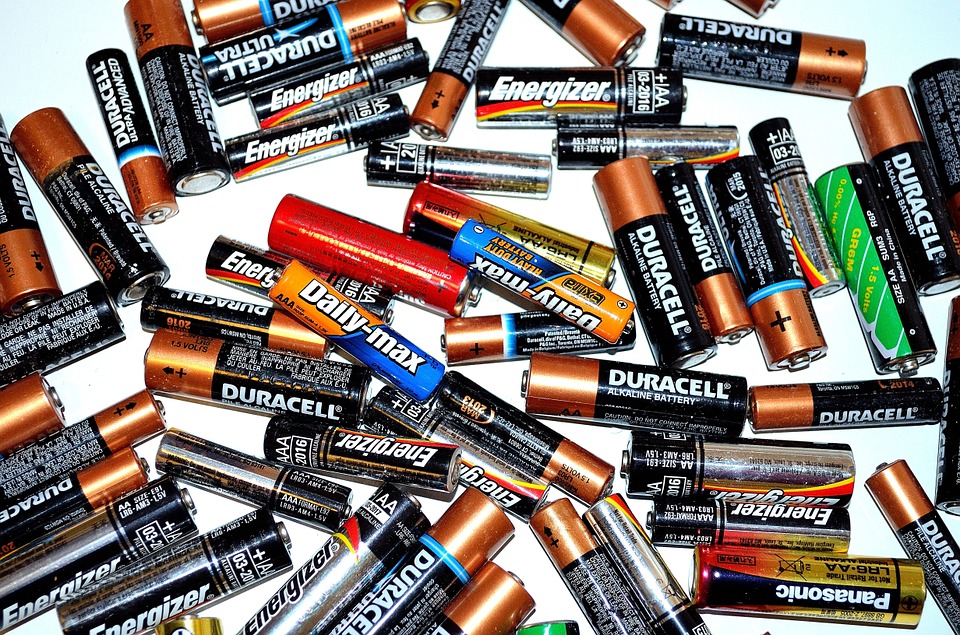Major retailers such as Asda, B&Q, Currys PC World, Marks & Spencer and Morrisons are campaigning to spread awareness among people to recycle dead batteries. Through this drive, they are encouraging people to recycle all the used cells, which most people admittedly throw in their dustbin. These batteries end up in a garbage landfill, and that is not the ideal way to dispose of them. They contain lead, cadmium, acid, mercury and other substances harmful to the soil and the groundwater. The consumption of this water and the crops that grow on such soil are very dangerous, leading to the development of fatal diseases in human bodies.
The batteries most in use are lead, alkaline, nickel cadmium etc. Not only does recycling prevent environmental degradation, the raw material of the batteries can be reused to make new ones. This helps in preserving of resources.
In India, the central pollution control board (CPCB) had asked lead-acid battery manufacturers to set up collection points, individually or jointly, for used batteries from consumers or dealers. Companies like Exide India have set up recycling centers for the batteries that they sell. According to the report Lead Acid Battery Recycling In India, by Sandhya Prajapati, batteries are collected locally and sent to official regional recyclers, but in reality they were routinely broken apart on the street, the acid poured away and the lead extracted for onward sale to unregistered recycling units, because of the cheap labor availability and its standard is low in India.
Lead poisoning is a growing concern worldwide and affects young children the most. WHO had warned countries against the exposure of lead to citizens, especially through their diet. Its consumption leads to mental and physical disabilities.
This campaign regarding recycling of batteries is more of a call to action to the citizens. Batteries that are used every day in our homes are thrown in the dustbins, or stacked up in our houses. Both of these ways are very dangerous. Collected dead batteries can cause damage to young children.
This campaign must have an impact on the current method of treatment of dead batteries. After awareness, the next step is to make the means available to people. Apart from the big recycling plants, there must be a separate disposal system of radioactive substances like dead batteries, inverter batteries etc. It is important for these services to be accessible to people. Like the municipal corporation has separate dry and wet waste processing, while the collection of garbage from houses, there should be collection of dead batteries and chemicals. This movement needs to begin from home.
Regards,
The CSR Journal TeamSubscribe


